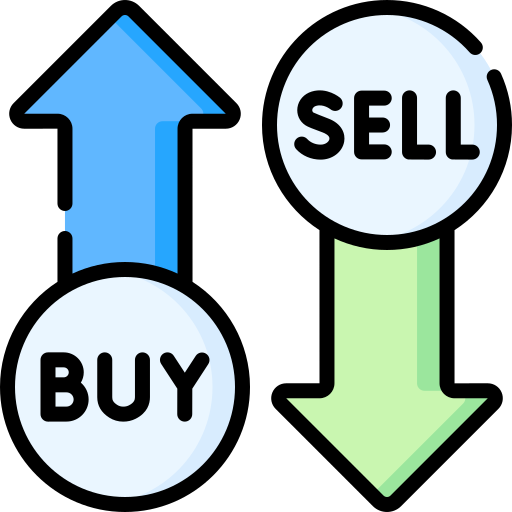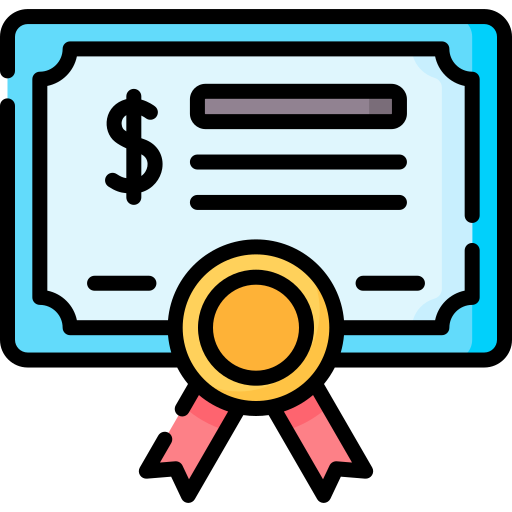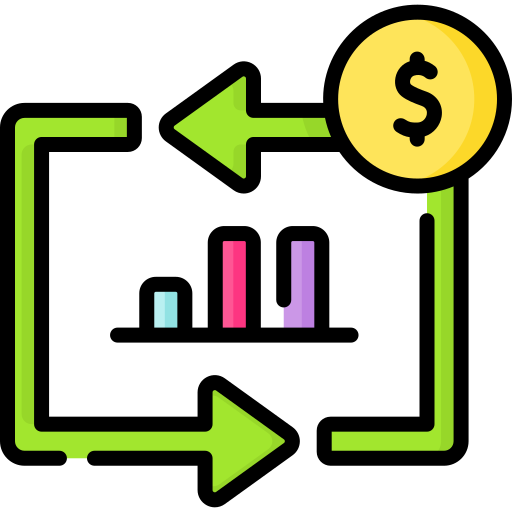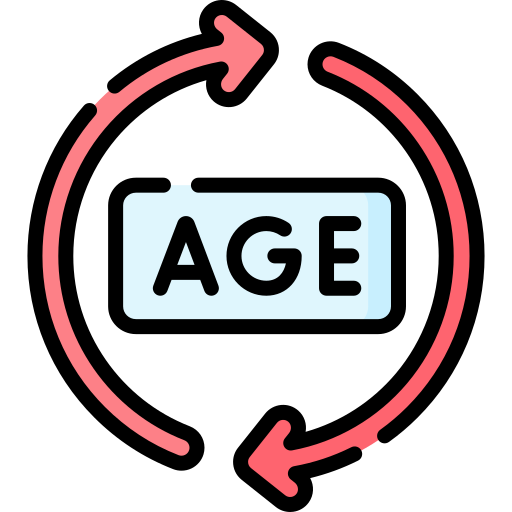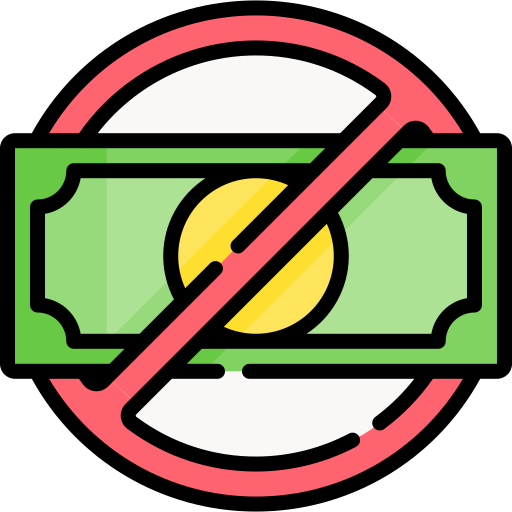
This logo isn't an ad or affiliate link. It's an organization that shares in our mission, and empowered the authors to share their insights in Byte form.
Rumie vets Bytes for compliance with our
Standards.
The organization is responsible for the completeness and reliability of the content.
Learn more
about how Rumie works with partners.
Ever thought of turning the change in your pocket into a future fortune? With a 401(k) plan, you can use time to have a lot of money when you retire.
 Photo by Towfiqu barbhuiya on Unsplash
Photo by Towfiqu barbhuiya on Unsplash1. What is a 401(k) plan?
Definition:
A 401(k) is a type of retirement savings plan provided by employers in the United States. It's named after a section of the Internal Revenue Code.
How it works:
You, as an employee, can contribute a portion of your salary to the 401(k) on a pre-tax basis. This money is invested, and it grows over time.

2. Investment Choices
You can choose how your money is invested based on your risk tolerance and time horizon (when you want to retire). 401(k) plans usually offer a range of investment options:
3. Employee Contributions
You can contribute a portion of your salary to the 401(k) before taxes are taken out. This reduces your taxable income, so you pay less income tax, which ultimately helps you save more for retirement.

4. Employer Matching
Some employers offer to match a percentage of your 401(k) contributions. This is essentially free money added to your retirement savings.
Vesting Period
If your employer offers a matching contribution, there may be a vesting period. Vesting refers to how long you must work for the company before the matching funds are entirely yours.

Quiz
Jenny's employer offers to match 50% of her 401(k) contributions up to 5% of her salary. Jenny decides to contribute 4% of her salary to her 401(k). What does this mean for Jenny?
Jenny receives a 2% match on her salary because she contributes 4% of her salary, and her employer matches 50% of that amount, which equals a 2% match on her entire salary.
5. Withdrawals
Since 401(k) savings are for retirement, it's best to avoid withdrawing before a certain age to avoid penalties.

6. Why Start Early?
Compound interest: The earlier you start contributing, the more time your money has to grow through compound interest.
Long-term savings: A 401(k) is a long-term savings tool for retirement. Starting early helps you build a significant nest egg.
Take advantage of market fluctuations: Starting to invest early means your money has more time to handle the good and bad times in the stock market. In the long run, the ups and downs tend to even out.

Quiz
Two friends save $100 each month for retirement. One starts at 25, and the other starts at 35. By the time they reach 65, who is likely to have almost double the savings?
The person starting at 25 benefits more from compound interest, allowing their savings to grow significantly over time.
Take Action

Take these next steps to make the most of your 401(k) savings:
This Byte has been authored by
Corey Bright
Financial Coach, Learning Designer
Master of Science
